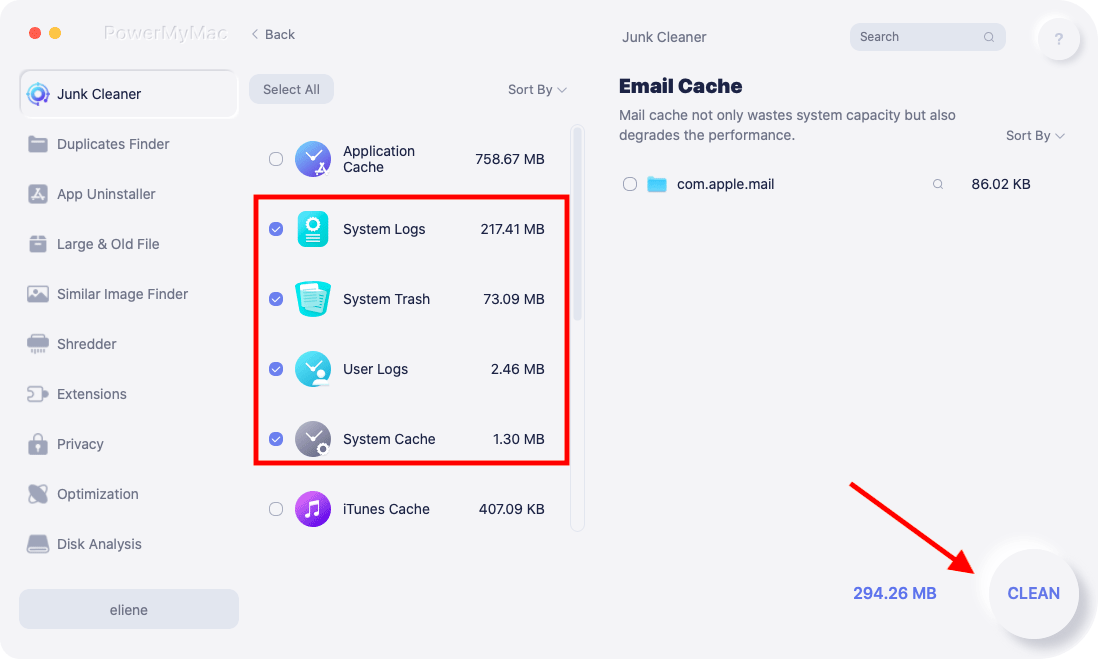Clamshell mode is a great way to maximize productivity when connected to an external monitor. Whether you're creating a clutter-free desk setup or want a desktop-like experience, clamshell mode turns your MacBook into a powerful workstation. In this guide, we’ll walk you through the steps to use MacBook with lid closed safely, list the requirements, and troubleshoot any common issues. We’ll also explain how to keep your Mac running efficiently while in clamshell mode.
Contents: Part 1: What Is Clamshell Mode?Part 2: How to Set Up and Use MacBook in Clamshell Mode?Part 3: Why Won't My Mac Go into Clamshell Mode?Part 4: Conclusion
Part 1: What Is Clamshell Mode?
Clamshell mode allows you to use MacBook with lid closed while connected to an external display, keyboard, and mouse. This turns your MacBook into a desktop-like setup, giving you more screen real estate and a cleaner workspace.
It’s especially useful for:
- External monitor setups at home or work
- Conserving desk space
- Keeping your MacBook safe from spills or dust
- Improving ergonomics
However, it’s important to ensure proper ventilation when using your MacBook with lid closed, as heat can build up more quickly. That’s why many users elevate their MacBooks or use cooling pads during extended sessions.
Part 2: How to Set Up and Use MacBook in Clamshell Mode?
Before setting up clamshell mode, make sure you have the following:
- External Display: A monitor or TV connected via HDMI, DisplayPort, or USB-C.
- Power Adapter: Your MacBook must be plugged into a power source for clamshell mode to work reliably.
- External Keyboard & Mouse: You’ll need a Bluetooth or USB keyboard and mouse/trackpad.
- Appropriate Cables or Dock: If your monitor uses HDMI or DisplayPort, you may need a USB-C hub or adapter for newer Macs.
Follow these steps to successfully use MacBook with lid closed:
Step 1: Connect Your External Display
Plug your monitor into the MacBook. If needed, use a USB-C to HDMI or DisplayPort adapter.
Step 2: Plug in the Power Adapter
Your Mac must be connected to power for clamshell mode to activate. Without it, the MacBook will enter sleep mode when you close the lid.
Step 3: Connect Your Keyboard and Mouse
Ensure your external keyboard and mouse are working. Wireless options are great for a cleaner setup.
Step 4: Close the Lid
Once everything is connected and powered, close the MacBook lid. The external monitor should flicker briefly and then display your desktop.
Step 5: Use as Normal
You can now use MacBook with lid closed, just like a desktop Mac. You’ll still have full access to your apps, files, and settings.
Part 3: Why Won't My Mac Go into Clamshell Mode?
Trying to use MacBook with lid closed doesn't always go as smoothly as expected and may cause a few common issues.. Here are some common problems and how to fix them:
Issue 1: MacBook Goes to Sleep When Lid Closes
Fix: Make sure the power adapter is plugged in and an external display is connected. macOS won’t allow clamshell mode on battery power.
Issue 2: Bluetooth Keyboard/Mouse Not Working
Fix: Ensure they’re connected before closing the lid. If needed, go to System Settings > Bluetooth and re-pair the devices.
![]() Related Article: Best Keyboard and Mouse for MacBook Pro [Buying Guide]
Related Article: Best Keyboard and Mouse for MacBook Pro [Buying Guide]
Issue 3: Overheating
Fix: Why is it overheating if I use MacBook with lid closed? When using your MacBook in clamshell mode, performance and temperature become major concerns. That’s where iMyMac PowerMyMac comes in. It can clean up background apps and monitor system temperature. Its real-time performance dashboard helps prevent thermal throttling during long sessions.
Issue 4: Performance Lag
Fix: Too many background apps can slow down your system in clamshell mode. Use iMyMac PowerMyMac to disable unnecessary startup items, clean memory, clear system junk and remove clutter that could be bogging down your Mac.
By keeping your Mac optimized, iMyMac PowerMyMac ensures you can run smoothly in clamshell mode without overheating or lag. It’s an all-in-one solution for a clean and efficient Mac environment, perfect for extended closed-lid usage.

Part 4: Conclusion
It is easy to use MacBook with lid closed. With the right setup—monitor, power source, and input devices—you can easily turn your laptop into a full desktop system. Just don’t forget the importance of system optimization. Overheating and performance drops are common in clamshell mode, which is why using iMyMac PowerMyMac is highly recommended. From performance monitoring to junk removal, it keeps your MacBook running at its best, even with the lid closed.



